Get 10% off your order!
Sign up below for PAP’s Newsletter, and keep an eye on your inbox for a one-time code. Offer not available on sale items.
Just like the fact that lightning can, in fact, strike the same place twice, it’s a common myth that sleep apnea is a disorder that only affects men. But unfortunately for the gals among us, women can and do suffer from sleep apnea. However, there are some key differences in the way it may present itself.
Here is what you need to know about women and sleep apnea.
A 2019 study showed that about 6% of American women, of all ages, have moderate to severe apnea, and 5% have mild. This compares to 13% and 14% respectively for men.
So, while sleep apnea is indeed more common in men than women, plenty of women do suffer from it, especially older women.
For the most part, the risk factors for sleep apnea are the same for women as for men, namely:
Hypothyroidism is a specific risk factor for women solely because it is more common in women than in men. There are also three risk factors specific to women: Menopause, PCOS, and pregnancy. Most women who develop obstructive sleep apnea do so after menopause. This relates to why men are generally at higher risk: Estrogen and progesterone help keep the airway open and when these hormones drop during menopause, a woman’s risk increases.
Women with polycystic ovarian syndrome (PCOS), a common endocrine disorder, are at greater risk for sleep apnea. And sleep apnea affects about 10% of pregnant women, potentially resulting in pregnancy complications including gestational hypertension, diabetes, and prolonged labor. In most cases, sleep apnea improves after delivery.
Bluntly, yes. Many women think that sleep apnea is a men’s problem and thus may not seek help because they think they are unlikely to get it. Sadly, some doctors may also buy into the stereotype of obstructive sleep apnea (OSA) being exclusive to middle-aged, overweight men.
However, there are also sometimes symptomatic differences between men and women which can make diagnosis more difficult, and cause women with sleep apnea to be diagnosed with a different sleep disorder.
The biggest factor is that women with sleep apnea may not, in fact, snore. They might also experience different symptoms, which include:
These may occur alongside, or instead of, the classic sleep apnea symptoms of snoring and daytime sleepiness. Women may find they have to self-advocate with their doctor to get a sleep apnea screening. (Or, a simpler option is to self-motivate with themselves to take an at-home sleep test.)
Women are also more likely than men to have clusters of sleep apnea incidents during REM sleep, which likely explains the instances of strange dreaming patterns.
The go-to treatment for sleep apnea in both sexes is a CPAP machine. However, the majority of CPAP masks are designed for men. Some women may find that they benefit from a sleep mask designed to fit their smaller faces. Here are our favorite masks, designed especially for women:
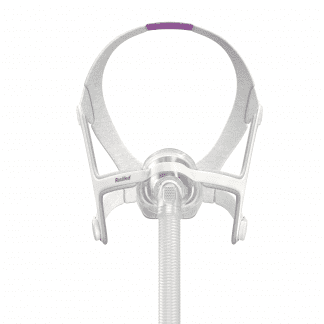
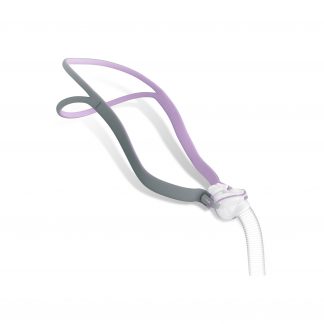
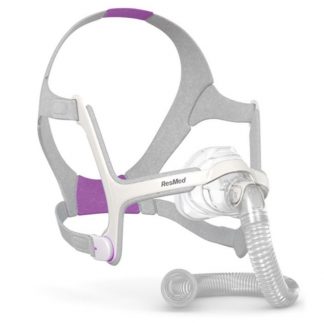
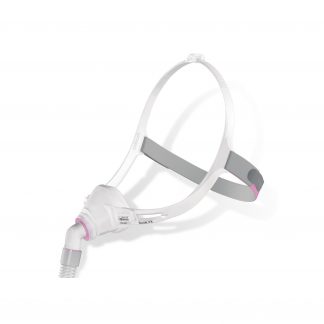
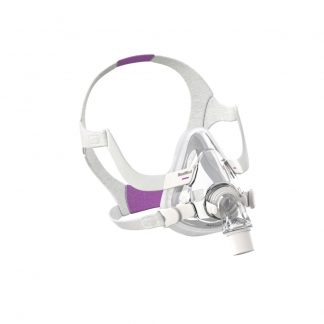
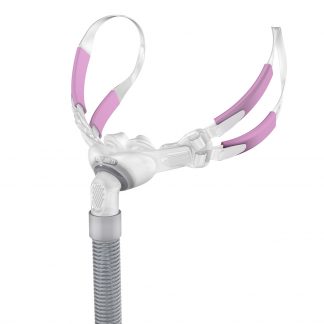
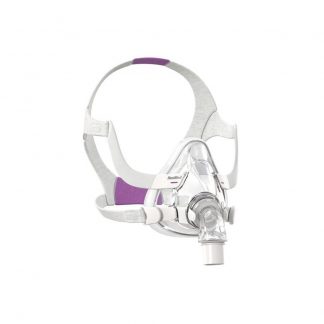
There are also now CPAP machines designed specifically for women. These CPAP machines have a lower flow in general and are designed to start operating a little later (women generally take longer than men to fall asleep). Our favorite is the ResMed AirSense™ 10 AutoSet™ Machine for Her with HumidAir™ which works with all of the above CPAP Masks!
As mentioned above, women oftentimes have difficulty in getting their doctors to take their sleep health seriously. Especially when the concerns are expressed by younger, thin women. In addition to avoiding the countless doctor and medical facility visits, paying copays, and sleeping overnight in a lab hooked up to a billion wires, we recommend ordering an at-home sleep test online.
We carry the WatchPAT ONE, the only disposable at-home sleep test available on the market. It is easy, affordable, and accurate. It’s the epitome of advocating for your own sleep health!
If you still have questions about obstructive sleep apnea, sleep apnea in women, at-home sleep testing, or CPAP Supplies and equipment for women, give us a call at 833-216-CPAP, email us at sleeptight@cpaprx.com, or live chat with us by clicking the button in the lower right corner.
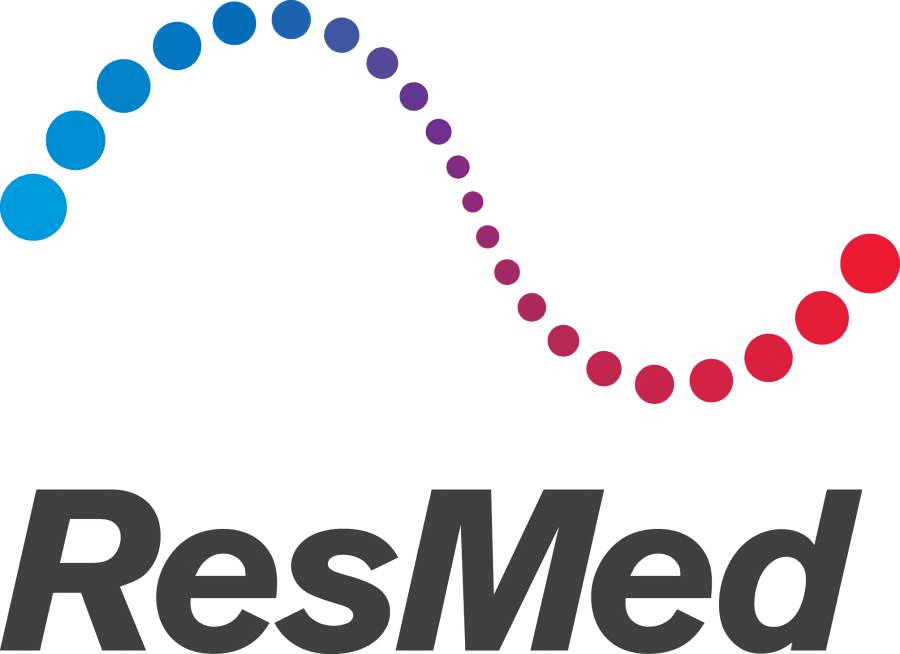
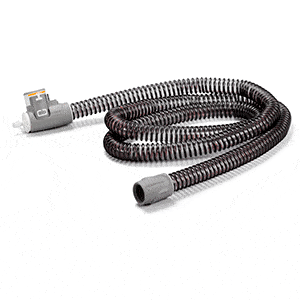
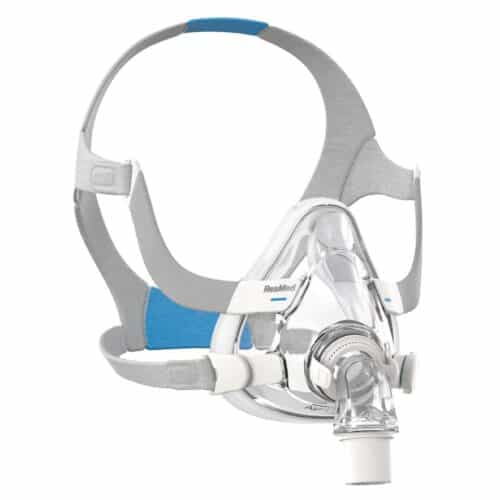
Sign up below for PAP’s Newsletter, and keep an eye on your inbox for a one-time code. Offer not available on sale items.
SUBSCRIBE TO OUR NEWSLETTER Receive exclusive offers & insightful articles to enhance your sleep.
Search by product name, type or brand.
